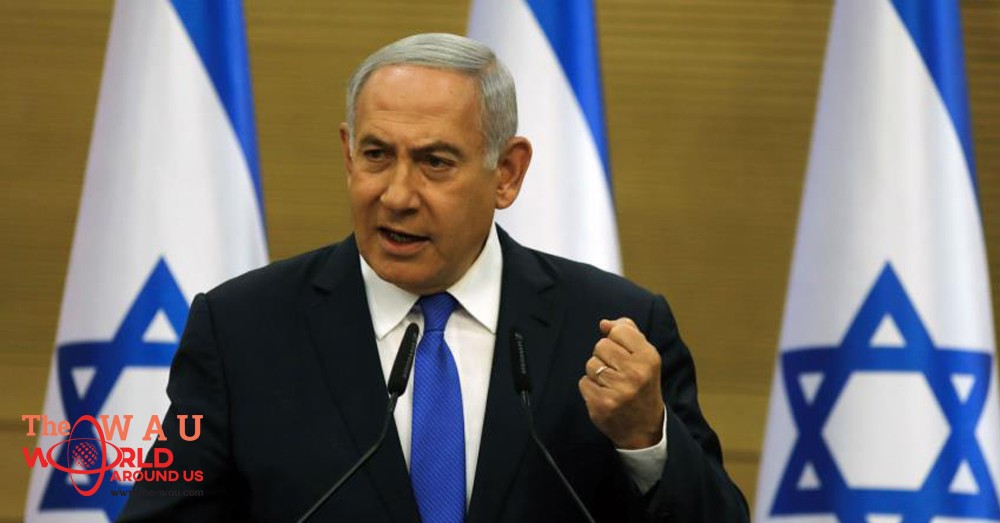Israeli Prime Minister Binyamin Netanyahu has said that Gulf states no longer see Israel as the "enemy", praising the normalisation of ties in the region.
"They don't see Israel any longer as their enemy, but as their indispensable ally in standing up to Iranian aggression and even, I would say, beyond that, to joining to achieve technological progress in their respective countries," Netanyahu said at a talk with American Jewish Committee CEO David Harris, The Times of Israel reported.
The discussion was recorded in May but only released on Monday.
"In many ways, the Arab countries have moved faster than the Palestinians," he said. "The Palestinians try to prevent this normalization process that can ultimately lead to a formal peace."
Netanyahu has had a longstanding position that the ongoing occupation of the Palestinian territories is not an impediment to Israel developing ties in the region.
Israel has occupied the West Bank, East Jerusalem, Gaza and the Syrian Golan Heights since 1967, in violation of international law.
Israel only has diplomatic relations with two Arab states, neighbouring Egypt and Jordan.
But various Gulf states, including Saudi Arabia, the UAE, Bahrain and Oman, have upscaled their normalisation with Israel in recent months.
Netanyahu conducted a surprise visit to Oman last year which was followed by a high-profile tour by senior Israeli ministers to the UAE.
Gulf states have held clandestine talks with Israel for decades, going back to at least the early 1980s.
Israel and Saudi Arabia began drawing closer in the twilight of the Obama administration, sharing mutual antipathy towards Iran and the 2015 nuclear deal.
Saudi outreach to Israel grew further following the election of Donald Trump and Mohammed bin Salman's nomination as Crown Prince shortly afterwards.
The US is to lay out an economic component of the long-awaited Trump administration's Israel-Palestine peace plan on June 25 and 26 in Bahrain.
Gulf Arab states are expected to make pledges to boost the Palestinian economy, with Saudi Arabia and the UAE already confirming their attendance at the summit.
The Palestinian Authority has already said it will boycott the Bahrain conference after it cut ties with the US administration over Trump's recognition of Jerusalem as Israel's capital.
UN diplomats say they expect the Kushner plan to fail, but it remains unclear what other course of action could be taken to advance Israeli-Palestinian peace.
Share This Post















